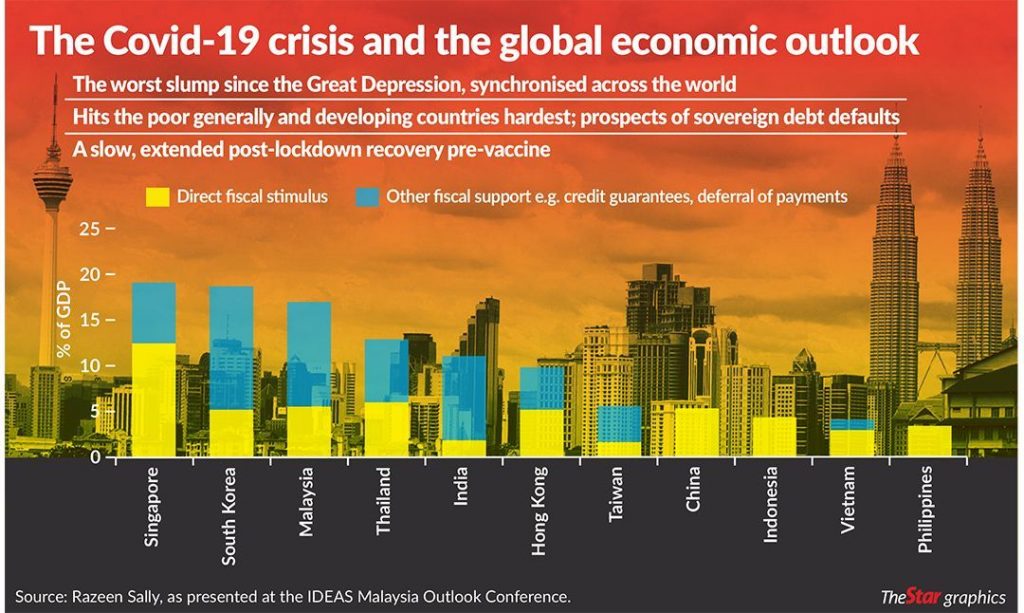NEW YORK, Feb 2 — Business travel spending is forecast to grow 21 per cent this year worldwide, helped by the rollout of Covid-19 vaccines, but will not recover to pre-pandemic levels until the middle of the decade, a business travel association said today.
Spending on business travel is projected to rise to US$842 billion (RM3.4 trillion) in 2021, according to the Global Business Travel Association’s (GBTA) BTI Outlook, after dropping 52 per cent in 2020 to US$694 billion due to the pandemic.
After a decade of steady annual growth, business travel is expected to have shown losses in 2020 that were 10 times greater than the declines after the September 11, 2001, attacks or the 2008 recession, GBTA said.
Despite the expected growth in travel in 2021, uncertainty around vaccination progress and US President Joe Biden’s policies can affect the recovery.
“The continued rollout of the vaccine will be central to recovery globally, as will decisions the new Biden Administration makes regarding global trade and border and quarantine policies,” said Dave Hilfman, GBTA’s interim executive director in a statement.
As US airlines also expect, the group said businesses are likely to spend more on travel that cannot be duplicated with online meetings such as sales calls and service trips.
The proportion of companies’ travel budget spent on internal meetings is estimated to decline 6 per cent, compared with 2019, the group said.
By the end of 2024, business travel spending is projected to reach about US$1.4 trillion, nearly equaling the 2019 pre-pandemic revenue peak of US$1.43 trillion, the group said. It projects a full recovery in 2025.
Key developing economies in Asia Pacific will drive global growth in business travel over the next decade, the group said.
Source: Reuters
Global business travel to grow 21pc in 2021, trade group forecasts
Content Type:
Duration:



